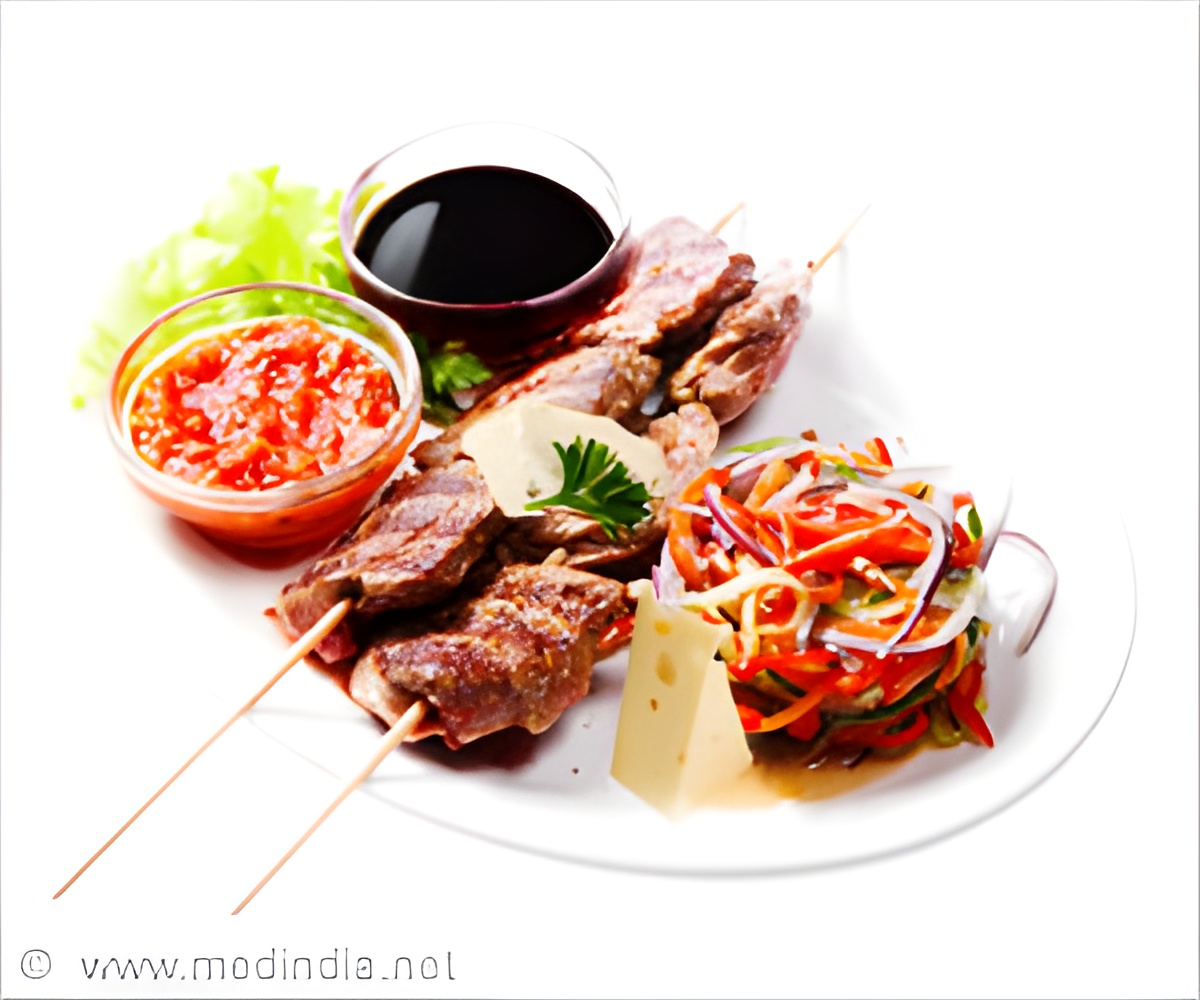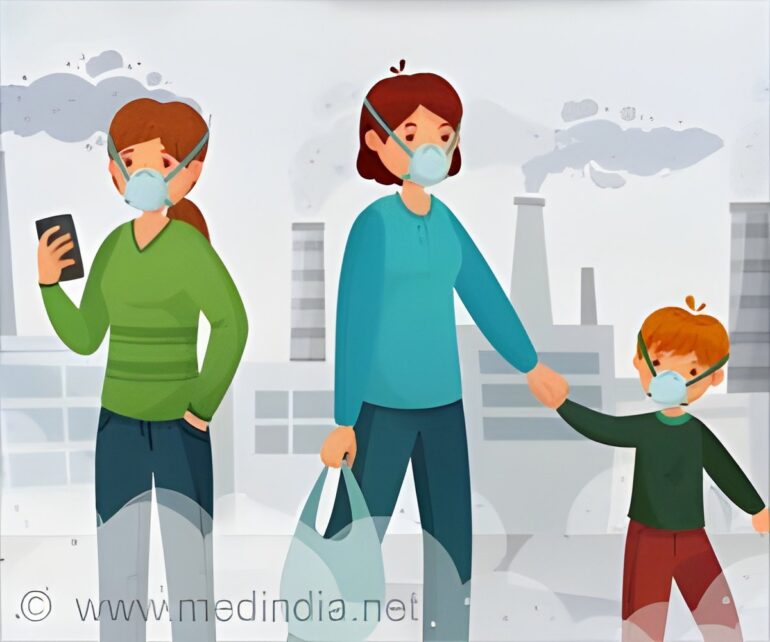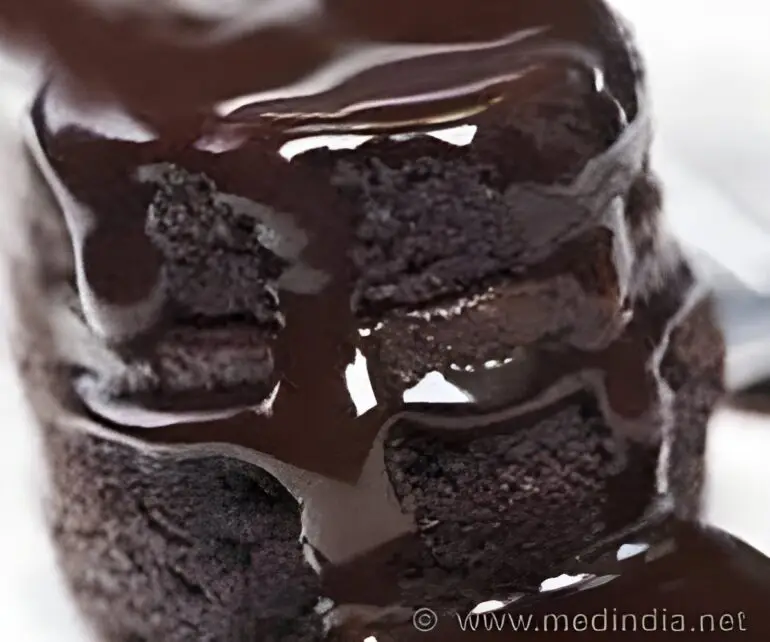-
 play_arrow
play_arrow
Radio Rehoboth


Karnataka says ‘no’ to harmful artificial food colors.
Karnataka’s Food Safety and Standards Department passed an order imposing a fine of up to Rs.10 lakh and punishment from seven years up to life imprisonment for using artificial colors in chicken kebabs, fish, and vegetable dishes across the state.
Karnataka’s Food Safety and Standards Department has imposed a fine of up to Rs.10 lakh and punishment from seven years up to life imprisonment for using harmful artificial colors. #ArtificialFoodColors #FoodColors #SyntheticFoodDyes’
Advertisement
Artificial Food Coloring is bad for Health
Artificial food colorings enhance food’s visual appeal and stability, which can boost consumer satisfaction. However, dyes like Sunset Yellow, Carmoisine, and Rhodamine-B pose health risks, including allergies, hyperactivity in children, and potential carcinogenic effects.
“Recent tests in Karnataka revealed hazardous levels of these dyes in kebabs, leading to public health concerns. Given these risks, there is a strong case for stricter regulations or broader bans on harmful artificial colors,” said Dr. Basavaraj S Kumbar, Consultant- Internal Medicine, Aster Whitefield Hospital, Bengaluru.
“Encouraging the use of natural alternatives and increasing public awareness about the dangers of synthetic dyes can help protect consumer health and promote safer food practices,” the doctor added.
Advertisement
Dangers of Synthetic Food Dyes
Dr. Piyush Ranjan, Senior Consultant & Vice Chairman, Department of Gastroenterology, Sir Ganga Ram hospital told that some synthetic coloring agents affect children and can cause aggressive behavior in them. “Some of these agents may also be carcinogenic and thyroid cancers have been reported. Issues of allergy and asthma may also be associated with the use of artificial coloring agents,” he added.
In March, Karnataka banned the use of Rhodamine-B, an artificial coloring agent used in gobi manchurian and cotton candy. Vanshika Bhardwaj – Senior Dietician, Marengo Asia Hospitals, Gurugram told IANS that consumption of these artificial food colors can lead to oxidative stress, increase cell apoptosis and affect the brainstem (1✔ ✔Trusted Source
The effect of Rhodamine B on the cerebellum and brainstem tissue of Rattus norvegicus
Go to source).
Advertisement
Rhodamine – B: A Colorful Poison
“Rhodamine-B appears green in powder forms, and it turns vivid fluorescent pink with water. It damages the kidney, and liver and increases the risk of Stomach tumor. Regular consumption of food containing this can damage the cerebellum tissue in the brain and result in functional abnormalities,” she added.
Vanshika informed that the colors have been linked to allergic reactions, hyperactivity, and attention deficit hyperactivity disorder (ADHD) in children, as well as potential carcinogenic effects and organ damage (2✔ ✔Trusted Source
New report shows artificial food coloring causes hyperactivity in some kids
Go to source).
“Considering these risks, there is a strong argument for banning artificial food colors to prioritize public health and safety. Stringent regulations and labeling requirements are necessary to inform consumers, allowing them to make informed choices about consuming products with artificial colors,” said the dietician.
References:
- The effect of Rhodamine B on the cerebellum and brainstem tissue of Rattus norvegicus – (https://www.ncbi.nlm.nih.gov/pmc/articles/PMC7376446/)
- New report shows artificial food coloring causes hyperactivity in some kids – (https://publichealth.berkeley.edu/news-media/research-highlights/new-report-shows-artificial-food-coloring-causes-hyperactivity-in-some-kids)
Source-IANS
Go to Source:https://www.medindia.net/news/karnataka-says-goodbye-to-artificial-food-colors-216179-1.htm
Author:
Written by: RSS
Similar posts
Chart
Top popular

News Briefs 10/17/23
Board of Commissioners Workshop & Special Meeting – November 6

Six Sussex road projects considered in latest CTP
Knicks vs. Cavaliers prediction, odds, line, spread, time: 2023 NBA picks, Nov. 1 best bets from proven model
NFL Week 17 highlights: Packers, 49ers, Saints, Steelers win, Cardinals stun Eagles
Copyright 2023 East Sussex Public Broadcasting, Inc.






